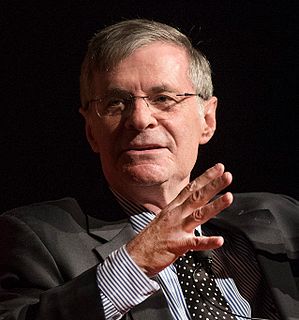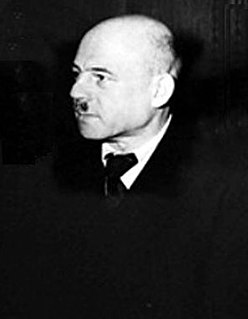A Quote by Kshama Sawant
The programs that came to be known as the New Deal were not simply handed down by the benevolence of FDR and the Democrats. They were fought for. And in the 1960s, it was the similar. You had incredible movements against Jim Crow, poverty and the Vietnam War in the 1960s.
Related Quotes
We started America with the sin of slavery that led right into the post-reconstruction period which was the greatest period of domestic terrorism in our country's history. Then after that, we had Jim Crow emerge and just when the Jim Crow laws were ending came the onslaught of the drug war. Well, the drug war has so perniciously effected, insidiously infected communities of color that in some ways it has come full circle, and we now have more African Americans under criminal supervision than all of the slaves in 1865. This is a profoundly unjust war.
I'd been a child during the 1960s when women burned their bras and hundreds of thousands gathered in protests against the Vietnam War. As a climber, I've felt connected to a similar nonconformist culture, one opposed to society's increasing materialism, pollution and corruption. Our approach to the rock—clean, traditional climbing, with the least dependence on equipment—was an extension of this ethical viewpoint.
Most of us who were opposed to the war, especially in the early '60's - the war we were opposed to was the war on South Vietnam which destroyed South Vietnam's rural society. The South was devastated. But now anyone who opposed this atrocity is regarded as having defended North Vietnam. And that's part of the effort to present the war as if it were a war between South Vietnam and North Vietnam with the United States helping the South. Of course it's fabrication. But it's "official truth" now.

































